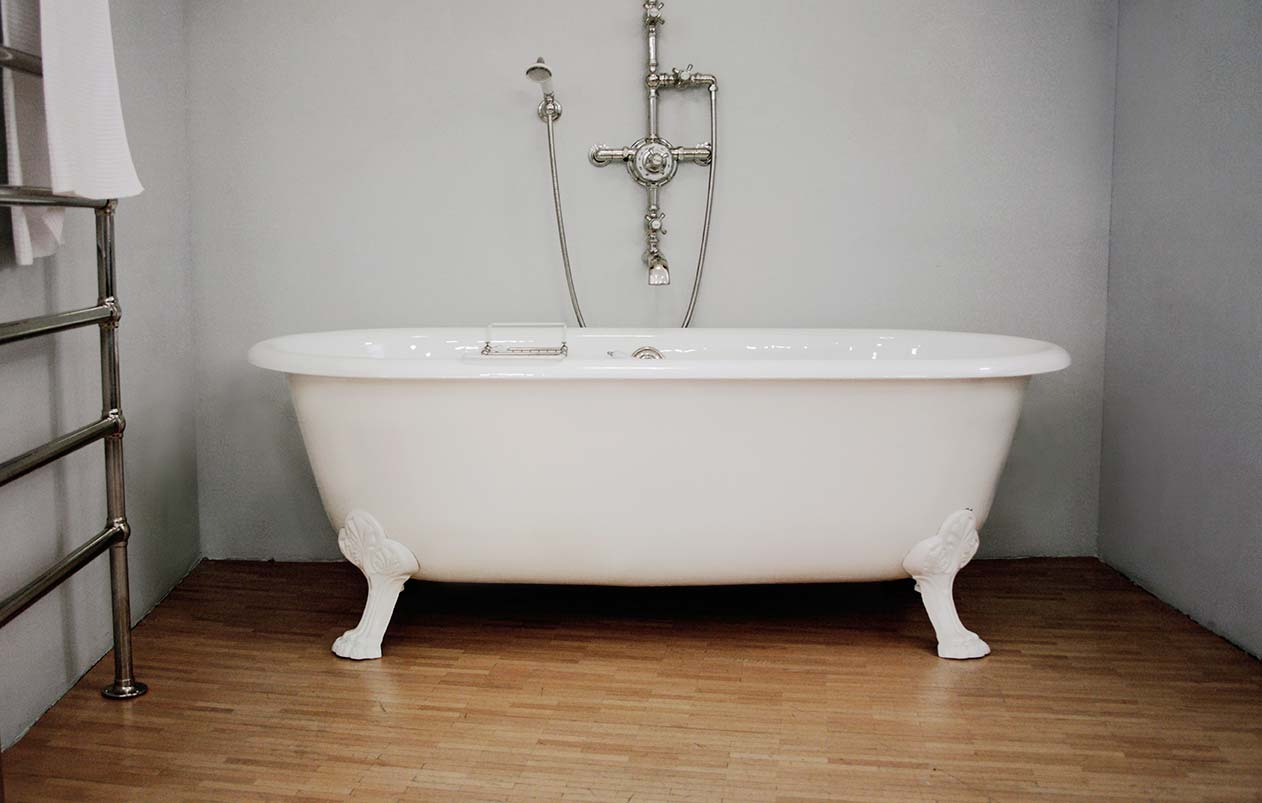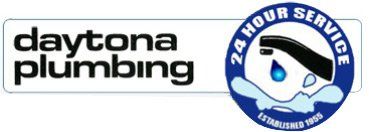Four Culprits to Suspect When Your Drains Aren't Draining Properly

If you're noticing slower drain performance than usual, or if there's an actual backflow or even a flooding event happening in your home right now, you're certainly right to be concerned. Sewer backflow can cause expensive damage to your home, and slow drains can indicate a plumbing problem that will require professional repair. So here, in no particular order, are four potential culprits of draining problems.
1. Vents That Are Blocked
If your drains operate slowly and seem to be affecting each other — for example, if your bathtub makes strange sounds when you flush the toilet — this could simply indicate that you have plumbing vents in need of care. Although the symptoms of this problem are similar to the symptoms of a sewer clog — you may even notice sewer-like smells — you can have a plumber help you figure out where the real problem lies.
2. Septic or Sewer Backup or Overflow
If you've had a ton of rain recently, all that water could be overwhelming either the septic system or, if you're in the city, the sewer storm drains. The sheer amount of rainwater that the system is dealing with can make it more difficult for your sewer or septic system to accept the water you're trying to send down your drains.
In this situation, the solution may simply be to wait until the excess storm water has had a chance to drain away before using your drains. This will mean reducing the amount of water you use and, if possible, putting off large water usages such as taking a bath until conditions have improved.
3. Drain Blockage
While it's possible that your problem actually involves multiple clogged drains, unless you've been dumping solids — such as coffee grounds, cotton swabs or cooking grease — down every drain in your house equally, or unless you have a mainline blockage, if the problems lies in a blocked drain, you'll probably only have one or two drains that are performing slowly.
The kitchen drains can easily become blocked, especially if you use a garbage disposal and dump cooking grease down your drains (it's a better idea to dispose of grease in the trash, avoiding plumbing problems).
The symptoms of drain blockages, though often more localized, are similar to those mentioned above. The drains will operate slowly and may appear to affect each other, and you may also notice odd — and highly unpleasant — smells. You may even hear bubbling or gurgling sounds.
4. Clogged Sewer or Septic Line
If you have slow drains throughout your house that don't seem to be caused by vent problems or by flooding, a clog in the line that leads to the sewer or septic system is likely to be the problem. If you have a septic system, you'll need to consider the fact that it could be a symptom of a larger septic problem, too.
To prevent a clogged line, you should focus on regular cleaning, avoid putting solids — even "flushable" wipes — or grease down the drains, and check to make sure there are no trees near your sewer line.
Each tree should be kept, at minimum, at a distance equal to its mature height, and those with especially damaging roots — such as willow trees, whose roots seek out water with extreme efficiency — need to be at least a hundred feet away from septic or sewer components.
These four culprits can all cause slow drains and, if not attended to, can also cause bigger problems such as flooding and water damage. If you need help with these or similar drain problems, feel free to contact Daytona Plumbing
for help.






